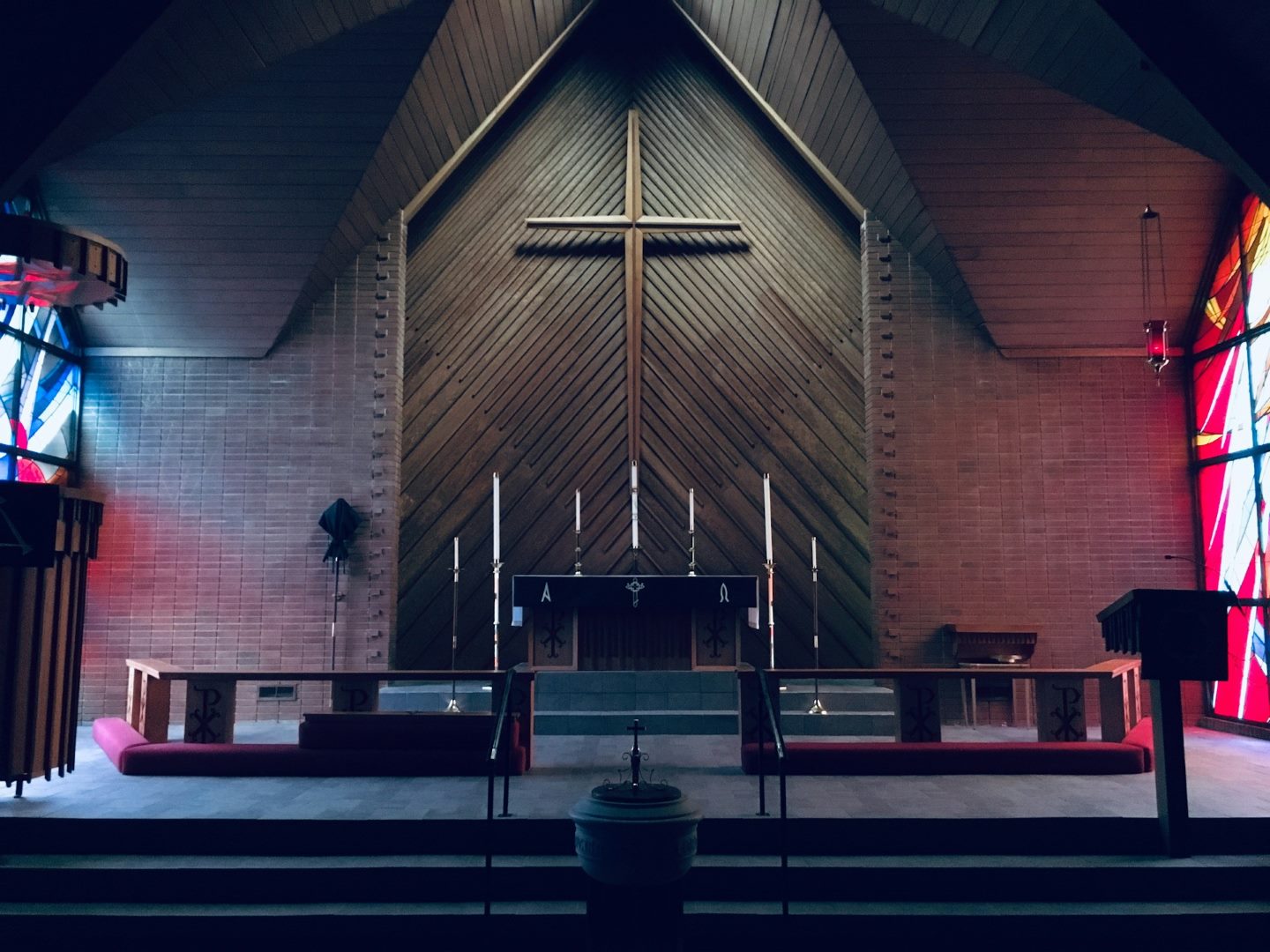Introduction
The Church of God of Prophecy is a Pentecostal denomination with a rich history and global presence. Founded on the principles of holiness, divine healing, and the imminent return of Christ, the church has grown to encompass millions of members worldwide. In this comprehensive guide, we’ll delve into the key aspects of the Church of God of Prophecy, exploring its history, beliefs, practices, and impact on the Christian landscape.
Historical Foundations
A.A. Allen and the Early Days
The Church of God of Prophecy was founded in 1903 by A.J. Tomlinson, a Holiness preacher from Tennessee. Tomlinson and his followers believed that the end times were approaching, and they emphasized the need for a pure and holy church. In 1923, A.A. Allen, a charismatic preacher from Texas, joined the church and became a key figure in its growth and expansion.
Spread to the United States
Under Allen’s leadership, the church expanded rapidly in the United States. Allen’s fiery sermons and miraculous healing services attracted large crowds, and the church established numerous congregations throughout the country. By the mid-20th century, the Church of God of Prophecy had become one of the largest Pentecostal denominations in the United States.
Core Beliefs
- Holiness: The Church of God of Prophecy emphasizes the importance of personal holiness and living a life free from sin.
- Divine Healing: The church believes in the power of divine healing and encourages its members to seek healing through faith and prayer.
- Imminent Return of Christ: The church holds that Christ will return soon and that it is important to be prepared for his second coming.
- Missionary Work: The Church of God of Prophecy has a strong missionary outreach program, with missionaries working in over 140 countries around the world.
- Spirit-Filled Church: The church believes that the Holy Spirit is active in the lives of believers and that it is essential for spiritual growth.
Practices and Worship
Worship Services
Worship services in the Church of God of Prophecy are characterized by lively music, enthusiastic preaching, and emotional expressions of faith. Services typically include singing, praying, and sharing testimonies. Worshipers often raise their hands, dance, or speak in tongues during worship.
Baptism and the Holy Spirit
The Church of God of Prophecy practices water baptism by immersion for new believers. Baptism is considered a symbol of cleansing from sin and entering into a new life with Christ. The church also believes in the baptism of the Holy Spirit, which is an empowering experience that enables believers to live out their faith with greater boldness and power.
Organizational Structure
The Church of God of Prophecy is organized into a hierarchical structure. The highest authority is the International General Assembly, which meets every four years to set policies and elect leaders. The church is divided into regions, districts, and local congregations. Each local congregation is led by a pastor, who is responsible for the spiritual and administrative oversight of the congregation.
Global Impact
The Church of God of Prophecy has had a significant impact on the Christian landscape worldwide. Through its missionary outreach, the church has played a vital role in spreading the gospel and establishing new congregations in numerous countries. The church’s emphasis on holiness, divine healing, and the imminent return of Christ has influenced the beliefs and practices of many other Pentecostal denominations.
Conclusion
The Church of God of Prophecy is a vibrant and growing Pentecostal denomination with a rich history and a global reach. Its core beliefs in holiness, divine healing, and the imminent return of Christ have shaped the lives of millions of believers. Through its worship services, missionary outreach, and organizational structure, the church continues to be a significant force in the Christian world.



